Apartments for Rent in Al Ahmadi Governorate (122 Ads)
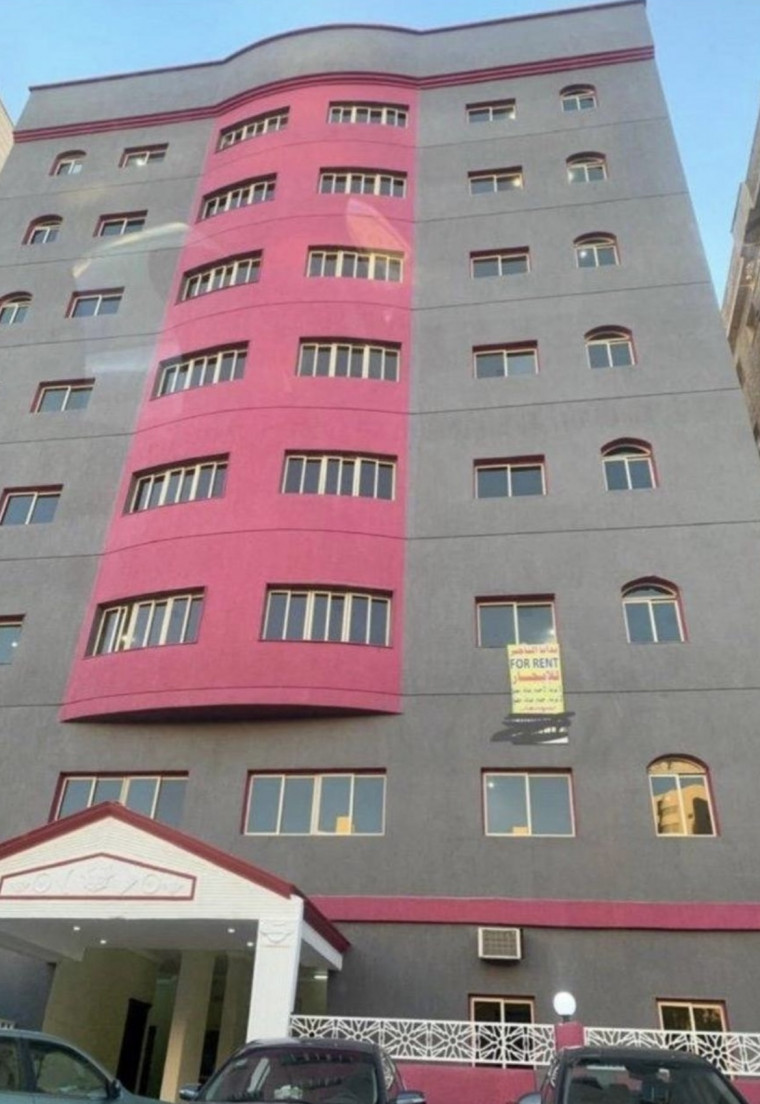
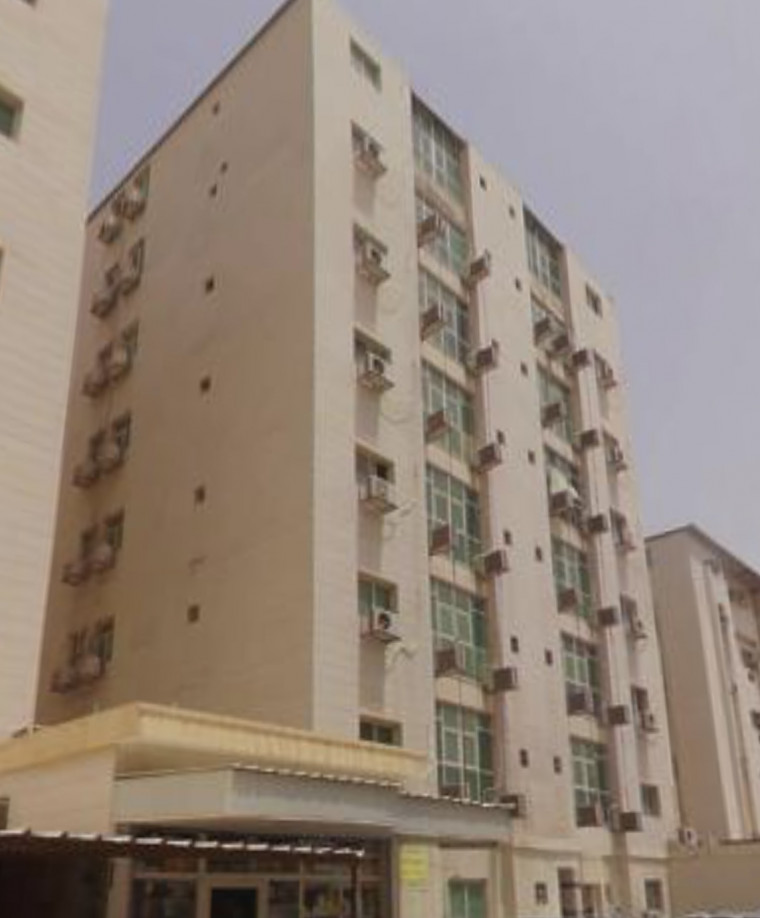


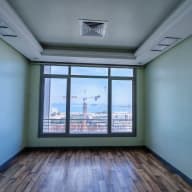


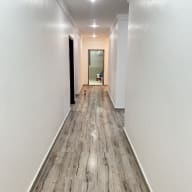

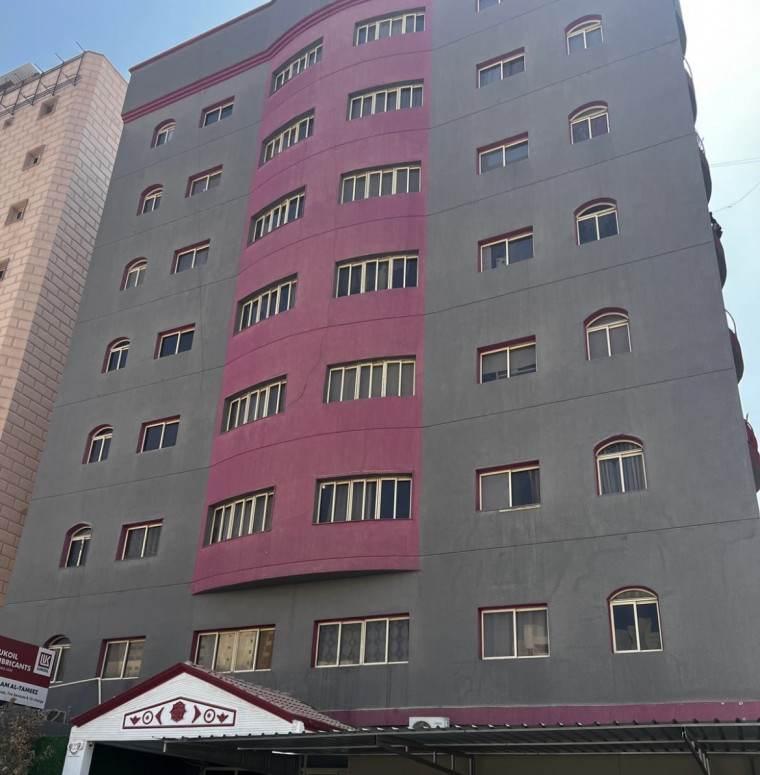








About Al-Ahmadi Governorate
Al-Ahmadi Governorate is a Kuwaiti governorate that was established in 1962. It was called Al-Ahmadi after the name of the late Sheikh Ahmed Al-Jaber Al-Sabah, the tenth Emir of Kuwait, during whose reign oil extraction began. Al-Ahmadi Governorate is the second largest governorate by area in Kuwait, and it contains oil fields, including Burgan field, which is the second largest field in the world. Among the landmarks of Al-Ahmadi Governorate: the sea chalets, Al-Kout Complex.
Al-Ahmadi Governorate includes 28 areas (districts): Abu Halifa, Ahmadi Stables, Ahmadi, Julaiaa, Khiran Residential - Desert Side, Riqqa, Zour, Shuaiba Industrial, Sabahiya, Dubaiya, Dhaher, Egaila, Fahaheel, Fintas, Mangaf, Mahboula, Nuwaiseeb, Wafra Farms, Wafra Residential, Bnaider, Jaber Al-Ali, South Sabah Al-Ahmad Residential, Sabah Al-Ahmad Sea City - Khiran, Sabah Al-Ahmad Residential City, Ali Sabah Al-Salem - Umm Al-Hayman, Fahad Al-Ahmad, Mina Abdullah Port, Hadiya
Information About the Apartments Listed for Rent in Al-Ahmadi Governorate
If you are looking for apartments for rent in Al-Ahmadi Governorate, you can search on Boshamlan real estate website and app, and you can expand your search to include apartments offered for rent in all areas of Kuwait, and you can view and compare prices and specifications of different apartments or flats, with the possibility of direct contact with the owner or the real estate agency (the broker) by mobile or WhatsApp. In light of the high number of cases witnessed by the Kuwaiti courts with regard to the increasing disputes between landlords and tenants and their various differences in cases of lease contracts, evictions and others. In this article, we wanted to shed more light on some important information, rights and duties that the tenant and landlord should know before taking any step:
- You must read and understand the lease contract accurately and know all its details, such as the monthly or annual rent, and who is responsible for paying the electricity and water expenses, and the internal and external repairs of the apartment or the building.
- The mechanism for paying the rent and its due date, and in the event that the tenant is late on the specified date, the landlord has the right to resort to the court directly to demand the eviction of the apartment, with the landlord being obligated to pay the arrears.
- Bearing in mind that the law has determined who is entitled to live in the apartment with the tenant, his children and his wife, unless the agreement stipulates otherwise, and therefore the landlord has the right to ask the tenant to vacate the residential unit in the event that it appears to him that the tenant has violated this condition, or that he has used the rented unit for a purpose other than assigned to it.
- In the event that the property is sold from one owner to another, the tenant will be obligated to change his contract with the owner, and then start paying the rent to the new owner as soon as he learns of the completion of the sale process and notifies him officially of that, and if the tenant continues to pay the rent to the old owner with knowledge of the transfer of ownership, then the new owner is entitled judicial evacuation. Also, the tenant is not entitled to sublet the residential unit or assign it to others except with a written permission from the owner, with the need to change the contract for the new tenant in the event that the owner agrees to that matter.
- One must beware of the issue of raising the rent, which has recently emerged in many cases after a large segment of real estate owners resorted to raising their rents exaggeratedly, reaching 100% in some cases. It should be noted that the Rent Law in Kuwait stipulates that it is not permissible. The landlord may raise the rent only after five years have passed. The law also set conditions for raising the rent, including that the court’s decision in this regard depends on appointing an expert who will base his evaluation on the prevailing prices in the area, noting that the law allows the tenant to resort to the court in the event that the owner exaggerates in raising the rent.


